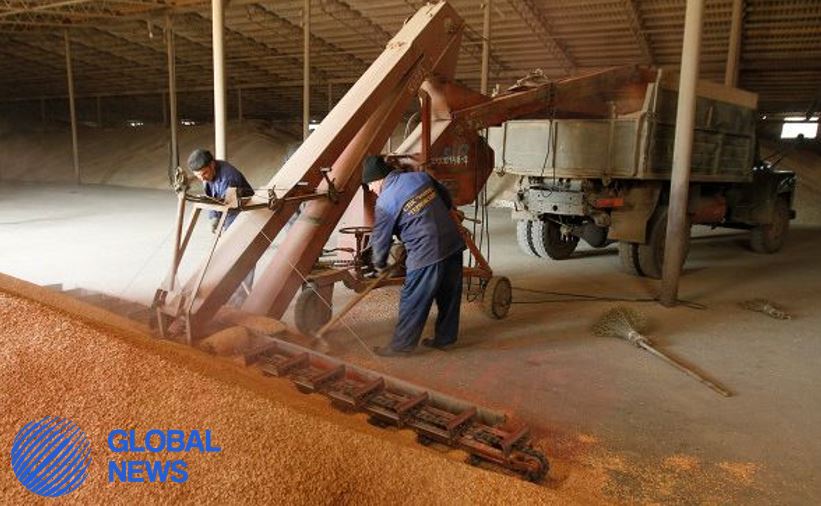The European Commission has agreed with five Eastern European countries to restrict exports of wheat, maize, rapeseed and sunflower from Ukraine to the EU and to provide farmers of the countries affected by the grain shortage with €100m in exchange for the lifting of unilateral bans on the import of agricultural products from Ukraine. European Commission deputy head Valdis Dombrovskis wrote this on Twitter on Friday.
“The European Commission has reached an agreement with Poland, Hungary, Slovakia, Romania and Bulgaria on food products from Ukraine. The key elements of the agreement are the removal of national restrictions on imports, the introduction of exceptional safeguard measures for four types of products – wheat, maize, rapeseed and sunflower – and the provision of €100 million in aid to farmers in the five affected countries,” he said.
Earlier, a source in the European Commission explained that the “exceptional safety measures” refer to the introduction of quotas for the import of Ukrainian grain.
Dombrovskis also noted that the EU might impose additional restrictions on exports from Ukraine in the future – on sunflower oil and a number of other products. The European Commission has promised to “launch investigations” to determine the extent of the damage that unrestricted imports of these products cause to European producers.
“The European Commission will work to ensure exports [of food from Ukraine] to other countries along solidarity lines (land and river routes from Ukraine to the EU),” Dombrovskis wrote.
Additional conclusions about the content of the agreement can be drawn from a statement by the head of the European Commission, Ursula von der Leyen. She wrote on Twitter that the European Commission had “reached an agreement in principle on the transit of four types of grain from Ukraine”, thus confirming that the essence of the agreement was to turn the import of this grain into its transit to other countries.
Earlier on Friday, the ambassadors of the 27 EU countries reached an agreement in principle to extend the regime of duty-free imports into the EU of goods from Ukraine for a year. In other words, the first exceptions to this regime were agreed almost simultaneously with its extension.
2,348 total views, 2 views today



